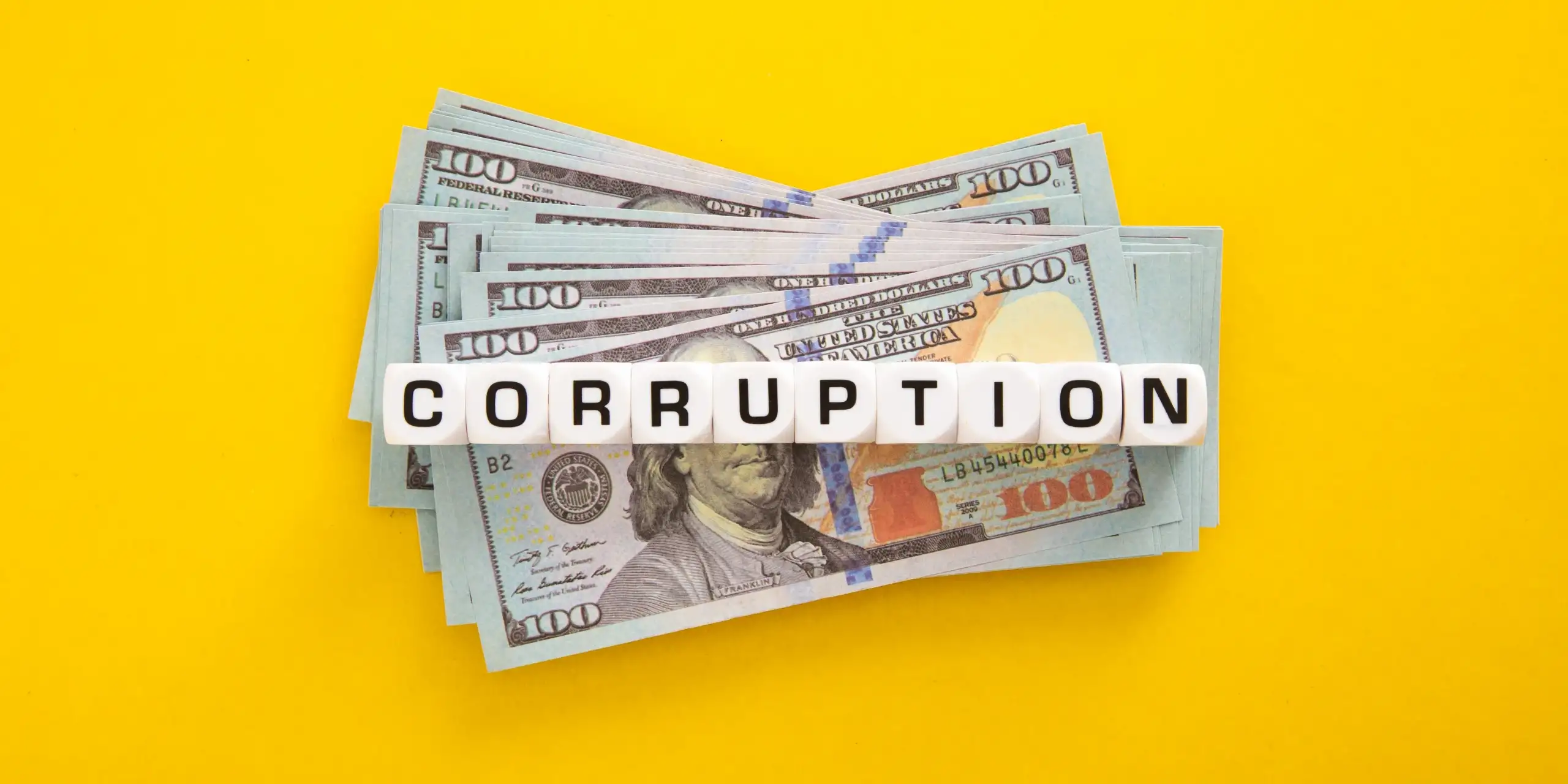"I sell therefore I am
The need for meaning has never been more present than today. Whether it is to attract new customers or to justify one's presence in a market, the race for responsibility tends to increase.
In 2019, the entry into force of the PACTE law, tended to reinforce this collective awareness. If companies are no longer limited to the pursuit of profit, they must now strengthen the consideration of social and environmental issues related to their activity.
Ethics, responsibility... These terms are swallowing up the marketing and communication spheres, often with the same objective: to attract attention and boost business. However, does this approach pay off?
CSR as a major issue?
The concept of corporate social responsibility (CSR), which was first introduced in the United States in the 1950s by Howard Bowen, aims to theorize the responsibility of power players towards society. This responsibility takes the form of an ever-stronger ethic, considerations that go beyond the simple economic and legal framework, and an impact on societal issues.
From constraint to marketing benefits there is only one step
The notion of CSR is therefore not new. If its return to the forefront of the scene raises questions, what is its impact on our companies? A lever for reputation for some, a vector of commitment for others, the line of CSR is difficult to define clearly.
Although companies are obliged to deliver, each year, indicators aimed at increasing their transparency on social and environmental issues, the fact remains that these requirements push companies to review their copy to comply. It is no longer a choice, but a constraint that pushes companies to use this new argument to improve their performance.
A probity that questions
The repeated scandals that have affected many companies in recent years(DOVE and its ads deemed racist, the "dieselgate " or Cambridge Analytica) could have made us believe that a wind of ethical freshness reigned on the market.
We were dreaming that these new societal and environmental issues were now at the heart of brands' concerns. However, these communication actions leave a bitter taste. What sense can we make of this new credo invested by brands? Should we believe in this paradigm shift or doubt their sincerity? The doubt is allowed...
Consumers in search of meaning...
A growing need
A 2019 Accenture study delivered some interesting insights into consumer expectations of companies. Indeed, out of 30,000 consumers worldwide, 66% said their purchasing decisions were influenced by the statements, values and actions of company executives.
Communication as a strong axis
According to the same study, communication is essential for 60% of French consumers. The latter consider brands that actively communicate about their commitment more attractive.
Today's consumer is looking for a brand that has ethics and responsibility in its DNA. These should not be simple communication/marketing tools. The commitments made by companies cannot be taken lightly and placed in a logic of "coup". Indeed, they would take the risk of losing the trust of their customers.
What positioning for companies?
If CSR cannot, on its own, stand as an objective for companies to reach, the reflection on its raison d'être is vital. It is not a question of answering what we sell, but why we sell it.
A wise man is worth two
The raison d'être of a company should not be taken over the leg or treated as CSR has been in its time. The reflection around the meaning and the discourse of the brand is central. However, it is often perceived as a means to an end and not as an end in itself.
This approach, although generally driven by business objectives, is becoming more democratic. Recently, commitments such as Carrefour's "Act for Food", Gillette's "The Best Men Can Be" or Danone's food model revolution have come to the fore.
Brands are committed to shaping the society of tomorrow. More ethical, more responsible, committed to social and environmental issues, brands are now acting as a driving force for transition.
Publicity stunt or awareness?
Reputational risk at the heart of the issues
Today, we can question the honesty of brands in communicating their ethics and responsibility. In any case, the logic of marketing and advertising "coup" may not be able to hold its own for very long in the face of consumer expectations.
Even if recent cases of companies that have failed to live up to their notion of exemplarity (Volkswagen, DOVE...) have not suffered significant economic damage, the reputational deficit is nonetheless very real.
What does this mean?
The meaning given to a brand cannot therefore be feigned. It must be the result of a proactive and authentic policy, otherwise it will be qualified as opportunistic and will cast a shadow on your reputation. The activation of these levers must therefore be done intelligently and in conjunction with a well thought-out, integrated and long-term corporate strategy.




